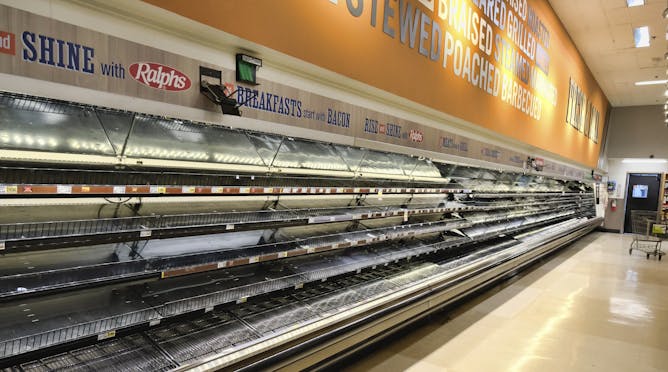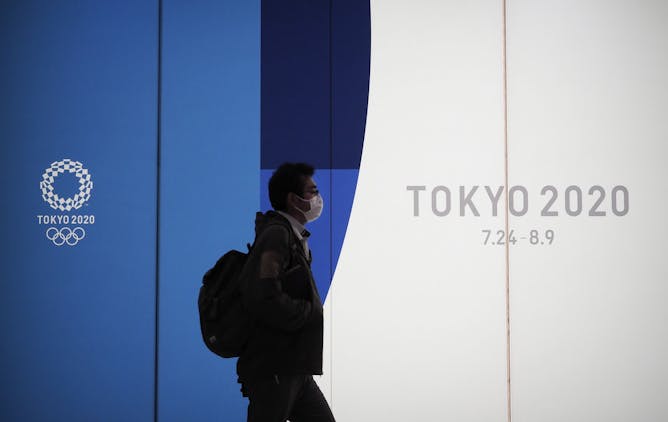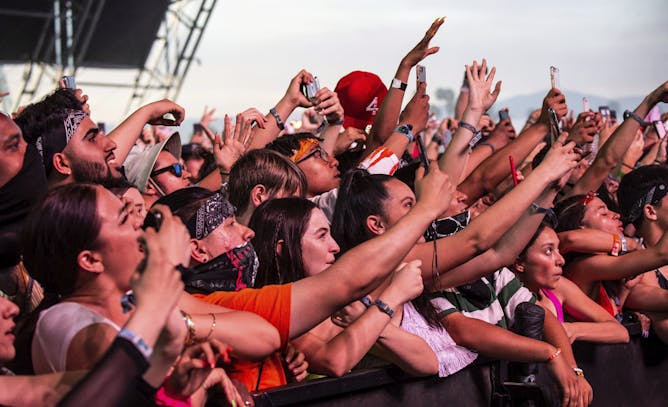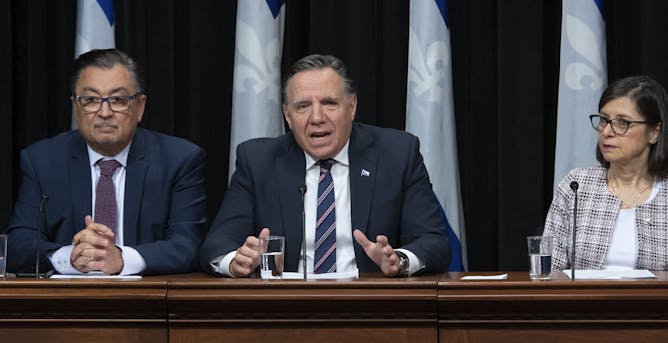|
|
|
COVID-19 and climate change could deliver a huge double whammy to our food supply
|
|
If you've ventured into a grocery store over the last few days, you've probably been startled to see rows upon rows of empty shelves. I watched people hauling out mega-bags of flour and potatoes, jugs of olive oil, sacks of dried beans and cases of canned goods when I paid a visit to a downtown store over the weekend. And there was no sign of any toilet paper or hand sanitizers.
It’s easy to just dismiss such stockpiling as needless panicking, but is there actually any danger that we could run out of food as we live through COVID-19?
In today’s The Conversation Canada, Evan Fraser, director of the Arrell Food Institute at the University of Guelph, writes that if COVID-19 persists for months and is accompanied by widespread droughts that affect grain producers, it’s not just toilet paper and hand sanitizer that will be in short supply, it will be the corn, wheat and rice that fuel most of humanity’s calories. That’s why he’s issuing an urgent call to reconsider the “just enough, just in time” food system prevalent in North America and to foster much more regional self-sufficiency when it comes to what we eat.
Also in today’s edition:
|
Lee-Anne Goodman
Politics, Business + Economics Editor
|

|
|
Today's Featured Articles
|

An entire section of meat and poultry is left empty after panicked shoppers swept through in fear of the coronavirus at a grocery store in Burbank, Calif. on March 14, 2020.
(AP Photo/Richard Vogel)
Evan Fraser, University of Guelph
COVID-19 is showing us we must work collectively to put resilience alongside efficiency as the primary drivers for the systems we depend upon each and every day for food.
|

A man walks past a large display promoting the Tokyo 2020 Olympics. Organizers have resisted calls to postpone or cancel the Games, which are scheduled to start July 24.
(AP Photo/Jae C. Hong)
Nicole W. Forrester, Ryerson University; Lianne Foti, University of Guelph
While sporting events around the world have put their seasons on pause, the International Olympic Committee has refused to cancel the Summer Olympics in Tokyo. For athletes, the delay is a dilemma.
|

Passengers waiting at the ferry terminal in Dartmouth, N.S. on March 16, 2020. The number of passengers has been limited as part of the effort to control the spread of COVID-19 in Nova Scotia.
(Andrew Vaughan/THE CANADIAN PRESS)
Françoise Baylis, Dalhousie University
Canadians have a reputation for compassion; in the current COVID-19 pandemic, this means helping each other by staying away.
|

When the COVID-19 pandemic tapers off, festivals will be an important part of recovery. Here, crowds last April at the 2019 Coachella music festival, in Indio, CA. The spring festival has been cancelled and rescheduled for the fall.
(Photo by Amy Harris/Invision/AP, File)
Christine Van Winkle, University of Manitoba
The decision to cancel a festival is never easy and can have difficult financial and community costs. Both planners and would-be attendees can play a role in mitigating the impact.
|

The beginning of the year has brought not only a cascade of bad news but also a wealth of great memes. With detached humour, people on the internet are identifying a problem, but the question remains: what do do about it?
(Shutterstock)
Antonio Redfern Pucci, Lakehead University
Despite the nihilism and pessimism of internet memes, people ultimately understand the direness of the danger posed by a powerful virus, climate change and global instability.
|
La Conversation Canada
|

Le premier ministre du Québec, François Legault, entouré du directeur national de la santé publique du Québec, Horacio Arruda et de la ministre de la Santé du Québec, Danielle McCann, lors de leur premier point de presse annonçant des mesures pour contenir le virus COVID-19, le 12 mars à l'Assemblée législative de Québec.
La Presse Canadienne/Jacques Boissinot
Melanie Drolet, Université Laval; Guillaume Gingras, Université Laval; Marc Brisson, Université Laval
Le taux de létalité élevé de la Covid-19 et la possibilité de transmission de cette maladie en l’absence de symptômes justifient la nécessité et l’importance des mesures d’éloignement social.
|
|
|
Health
|
-
Marie-Pierre Hasne, University of Arizona
St. Patrick's Day is typically a day of drinking and revelry, if not reverence for Ireland's patron saint. In this year's subdued celebration environment, a biochemist suggests thanking our livers.
|
|
Culture + Society
|
-
Jovan Byford, The Open University
Conspiracy theorists are traders in illusion – here's how not to fall for their tricks.
|
|
| |
| |
| |
| |
| |
| |
|
|
|
|
|
|
|